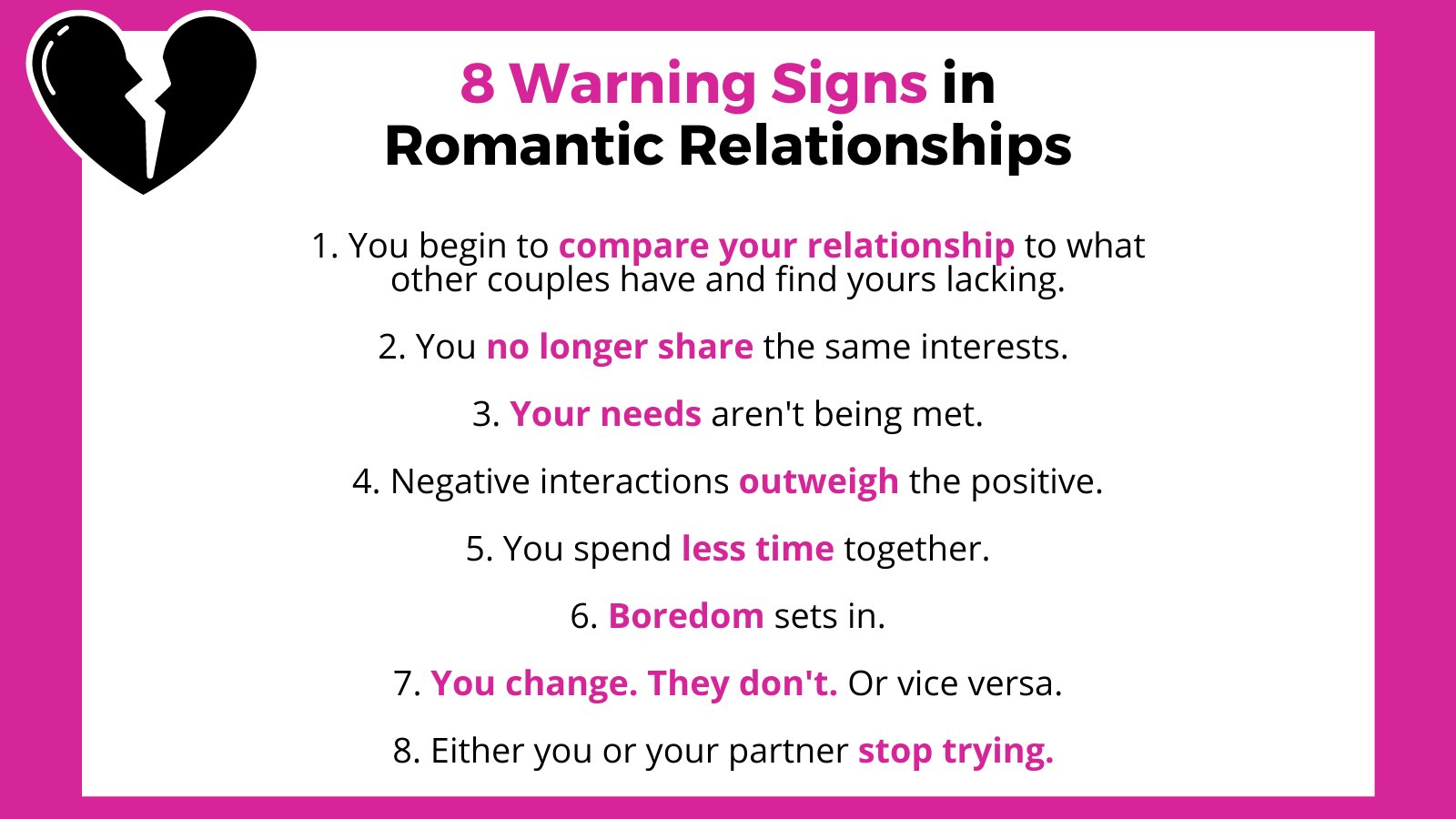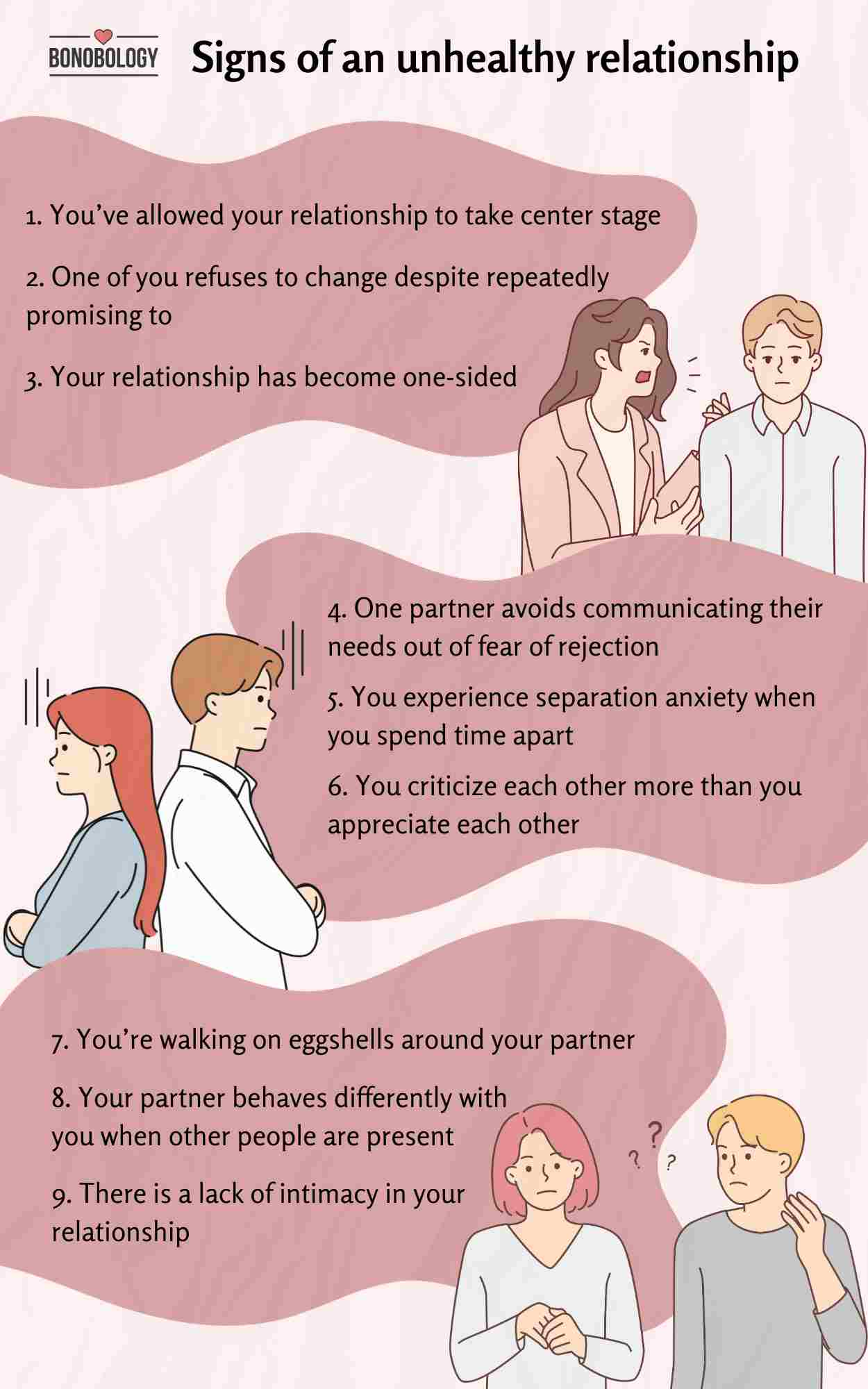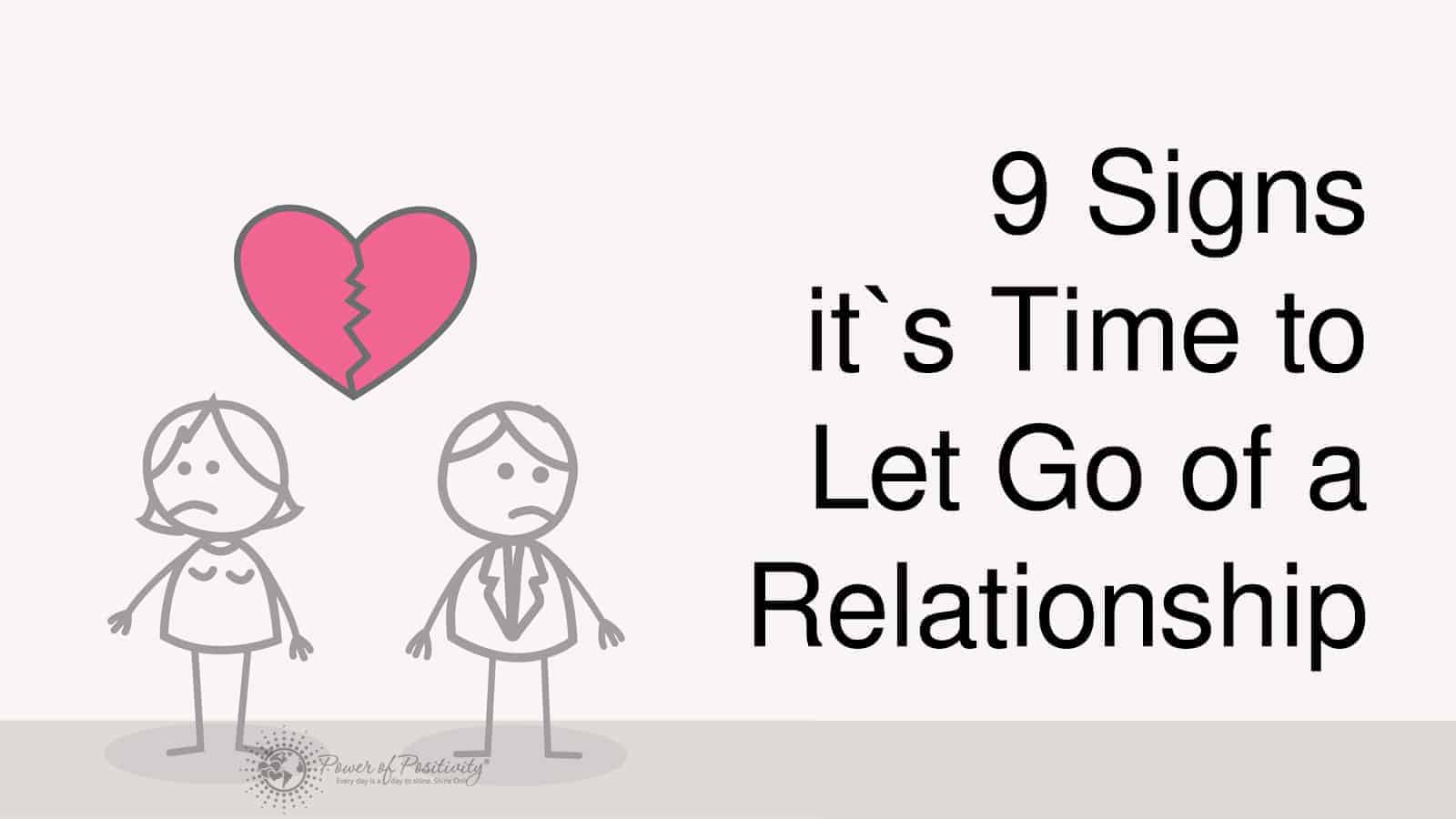
Recognizing Lack of Communication
Unresolved Arguments
One of the clearest signs of a communication breakdown is the presence of unresolved arguments. When partners find themselves in a cycle of disagreement without resolution, frustration can build over time. For instance, a couple might argue about household responsibilities only to dismiss the issue, creating tension. It’s essential to:
- Identify recurring topics that lead to arguments.
- Approach discussions with a willingness to compromise.
- Recognize when it’s time to seek external help, such as counseling.
Avoiding Conversations
Another major indicator of a lack of communication is the tendency to avoid difficult conversations. Partners might sidestep discussing their feelings or needs, fearing conflict. For example, one partner may feel unhappy but choose to bottle it up instead of expressing it. This avoidance can lead to:
- Building frustration and resentment.
- Decreased intimacy and connection over time.
- An increasing sense of isolation within the relationship.
Addressing this avoidance early can help rekindle connection and understanding.

Emotional Disconnection
Loss of Intimacy
Following issues like unresolved arguments and avoiding conversations, couples may experience a poignant loss of intimacy. It’s not just physical; emotional intimacy dwindles too. For instance, when partners stop sharing thoughts or feelings, the distance grows. Some indicators of intimacy loss include:
- Decreased physical affection.
- Lack of meaningful conversations.
- Finding it hard to express emotions.
Growing Apart
As emotional disconnection deepens, couples often find themselves growing apart. Shared interests that once united partners may fade, replaced by individual pursuits. Consider a couple who once enjoyed cooking together but now rarely sit down for dinner. Some signs of growing apart include:
- Prioritizing separate activities.
- Feeling more like roommates than partners.
- Reduced discussions about the future.
Recognizing these signs early can pave the way for reconnecting and rekindling the relationship.

Constant Negativity
Criticism and Defensiveness
Following emotional disconnection, constant negativity can emerge, often manifesting as criticism and defensiveness. When one partner feels attacked, it can trigger a defensive response, creating a toxic cycle. For example, if one partner criticizes the other’s habits, the criticized partner might respond with an equally harsh retort. This pattern leads to:
- Frequent arguments instead of constructive discussions.
- A feeling of being misunderstood or undervalued.
- Erosion of trust and connection over time.
Lack of Support
Another facet of constant negativity is a lack of support. Partners should be each other’s cheerleaders, yet negativity can replace encouragement with doubt. Imagine someone sharing a new goal, only to be met with skepticism instead of enthusiasm. Signs of insufficient support include:
- Ignoring each other’s achievements.
- Failing to acknowledge struggles.
- Withholding emotional or practical help.
Recognizing this negativity can help couples re-establish a foundation of mutual respect and kindness, allowing the relationship to thrive again.

Misaligned Goals and Values
Different Future Plans
As couples navigate through life, misaligned goals and values frequently surface, particularly when discussing different future plans. For example, one partner may long for a family-oriented lifestyle, while the other dreams of traveling the world alone. This can lead to tension and confusion. Key signs of conflicting future plans include:
- Disagreements about career moves or relocations.
- Diverging ideas about starting a family.
- Different visions of retirement or lifestyle choices.
Conflicting Priorities
In addition, conflicting priorities can exacerbate the situation. One partner may prioritize career advancement, while the other emphasizes family life. This divergence can create stress and feelings of neglect. A couple might experience:
- Time spent on personal goals at the expense of couple time.
- Feelings of resentment as one partner feels unsupported.
- A lack of shared experiences that strengthen the bond.
Acknowledging and discussing these misalignments can lead to productive conversations and better mutual understanding.

Trust Issues
Infidelity
In the landscape of relationships, trust issues often arise, with infidelity being a prominent concern. When one partner strays, the emotional fallout can be devastating. A betrayal like this can lead to feelings of insecurity and doubt. Consider a scenario where someone discovers their partner has been unfaithful; this not only complicates trust but can also lead to:
- The questioning of the relationship’s foundation.
- Emotional turmoil and feelings of inadequacy.
- Difficulty in rebuilding trust even after remorseful discussions.
Lack of Transparency
Equally problematic is a lack of transparency. When partners hide information or keep secrets, it can breed suspicion and uncertainty. For instance, if one partner frequently encounters unexplained late nights or sudden behavior changes, worry can set in. Signs of a transparency issue include:
- Avoiding discussions about feelings or past relationships.
- Hiding financial matters or personal ambitions.
- Withholding information that might affect the relationship.
Addressing trust issues openly can foster deeper communication, helping rebuild the essential bond between partners.

Unhappiness and Resentment
Feeling Unfulfilled
As trust issues linger, unhappiness and resentment can start to permeate the relationship. Partners may begin to feel unfulfilled, questioning whether their needs are being met. For instance, a person might yearn for emotional support that their partner fails to provide, leading to lingering dissatisfaction. Signs of feeling unfulfilled include:
- A sense of emptiness during shared activities.
- Frequent daydreams about a better relationship.
- Loss of enthusiasm for the future together.
Building Resentment
This sense of unfulfillment can morph into resentment over time. Small grievances can snowball into larger frustrations, creating a rift. Imagine a partner repeatedly neglecting chores, leading to feelings of being taken for granted. Common indicators of building resentment involve:
- Accumulating grievances that are never addressed.
- Withdrawal from meaningful interactions.
- Constantly brooding over past disappointments.
Recognizing these feelings early can prompt essential conversations that pave the way for healing and rekindling connection.
